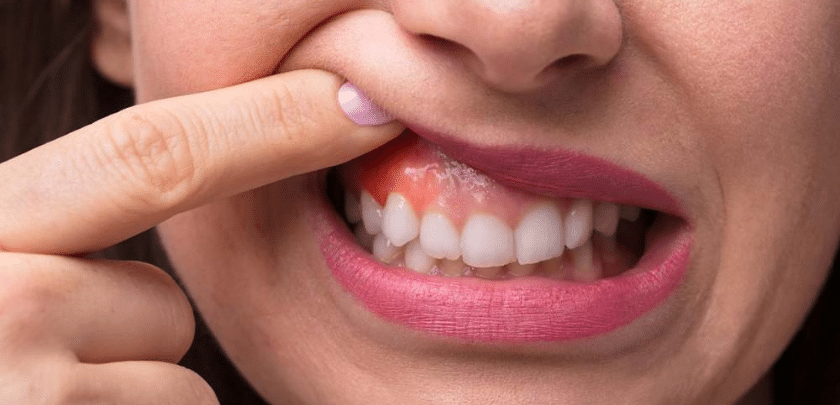
Swollen gums can be both uncomfortable and concerning, serving as a warning sign from your body that something is amiss with your oral health. This condition can arise from various causes, ranging from simple hygiene issues to more complex health concerns. Understanding the common causes of swollen gums is crucial for early detection and treatment, helping to maintain not only oral health but also overall well-being. This article explores the most prevalent reasons behind swollen gums, offering insight into prevention and management strategies.
1. Poor Oral Hygiene
The cornerstone of healthy gums is maintaining good oral hygiene. Failure to brush and floss regularly can lead to the buildup of plaque, a sticky film of bacteria on the teeth and gum line. Plaque that is not removed can harden into tartar, further irritating the gums and leading to swelling, a condition known as gingivitis. Gingivitis is the earliest stage of gum disease and is characterized by red, swollen gums that may bleed easily.
2. Gum Disease
Gum disease, or periodontitis, is a more advanced form of gingivitis. It affects the tissue and bone that support the teeth and is a leading cause of tooth loss in adults. Periodontitis can cause gums to become inflamed, pull away from the teeth, and form pockets that can become infected, leading to further swelling and even bone loss.
3. Hormonal Changes
Hormonal fluctuations, particularly in women, can make gums more sensitive and prone to swelling. These changes can occur during puberty, pregnancy, menstruation, and menopause. During pregnancy, for instance, the increased level of progesterone can enhance the growth of certain bacteria that cause gum disease, leading to what is often referred to as “pregnancy gingivitis.”
4. Nutritional Deficiencies
A lack of essential nutrients, especially vitamins C and B12, can lead to gum swelling and other oral health issues. Vitamin C, an antioxidant, is crucial for gum health, as it helps repair tissues and reduce inflammation. A deficiency in vitamin C can lead to scurvy, which has gum swelling as a symptom. Similarly, a lack of vitamin B12 can contribute to swollen and inflamed gums.
5. Medications
Certain medications can cause gum swelling as a side effect. These include drugs that cause dry mouth, which can lead to a buildup of bacteria, and medications such as calcium channel blockers, used to treat high blood pressure, which can cause gum overgrowth or swelling.
6. Infections
Bacterial, viral, or fungal infections can lead to swollen gums. Conditions such as herpes and candidiasis (a fungal infection) can cause significant inflammation and discomfort in the gum area. Additionally, dental abscesses, which are infections at the root of the tooth or between the gum and tooth, can cause localized swelling and severe pain.
7. Smoking and Tobacco Use
Tobacco use is a significant risk factor for gum disease. Smoking interferes with the normal function of gum tissue cells, making the mouth more vulnerable to infections, including periodontal disease. Smokers are more likely to develop tartar on their teeth, leading to gingivitis and, eventually, more severe gum disease.
Prevention and Management
Preventing and managing swollen gums revolves around maintaining good oral hygiene, including brushing twice a day, flossing daily, and using mouthwash. Regular dental check-ups are crucial for early detection and treatment of gum disease. Additionally, a balanced diet rich in vitamins and minerals supports gum health. For those affected by hormonal changes, consulting a healthcare provider for personalized advice is beneficial. Quitting smoking and managing medications under a doctor’s guidance can also mitigate gum swelling.
In conclusion, swollen gums can result from a variety of causes, from poor oral hygiene to systemic health issues. Understanding these causes is the first step towards prevention and effective management. By adopting a comprehensive oral care routine and making lifestyle adjustments as necessary, individuals can significantly reduce their risk of experiencing swollen gums and maintain a healthy, happy smile.


